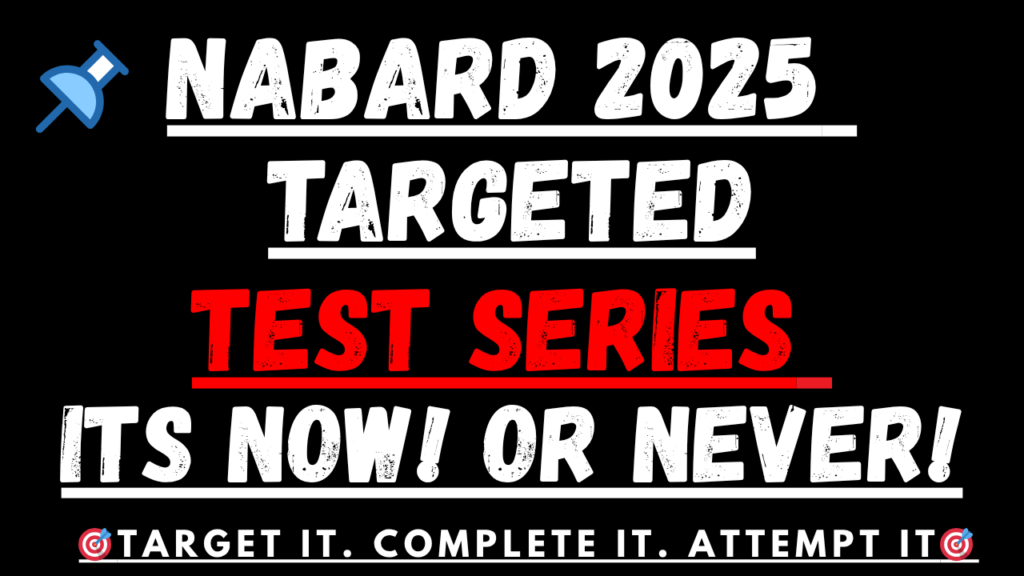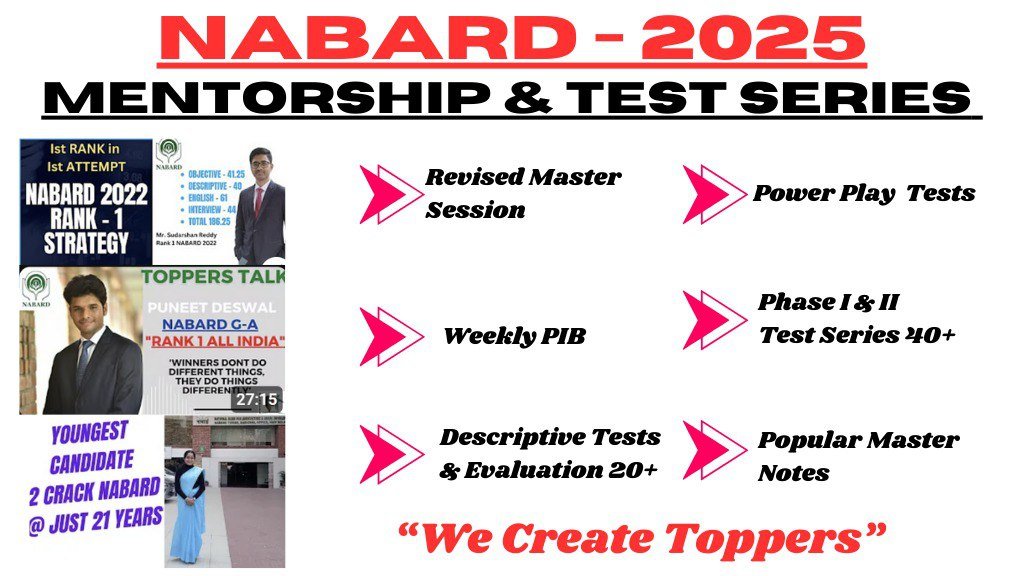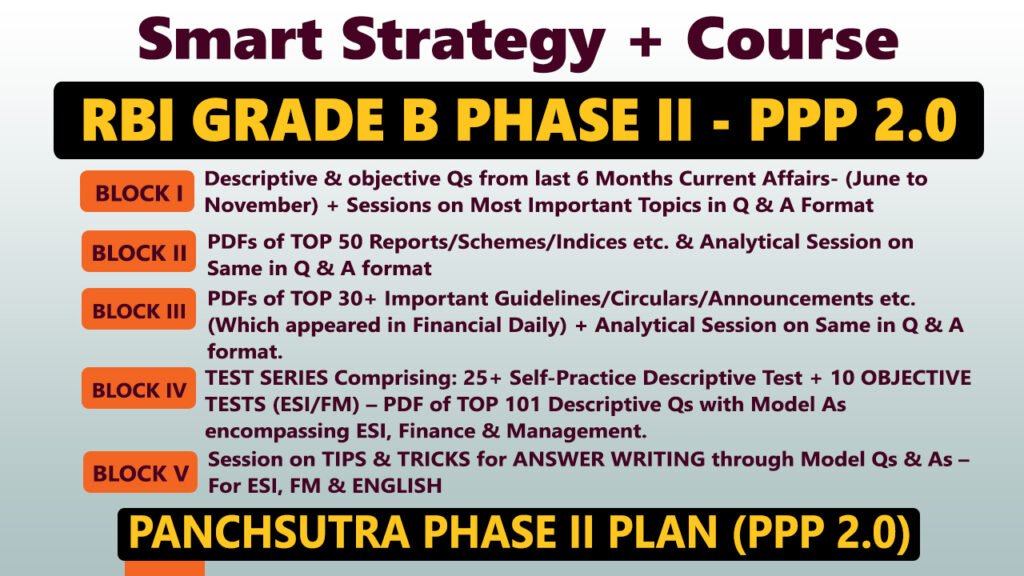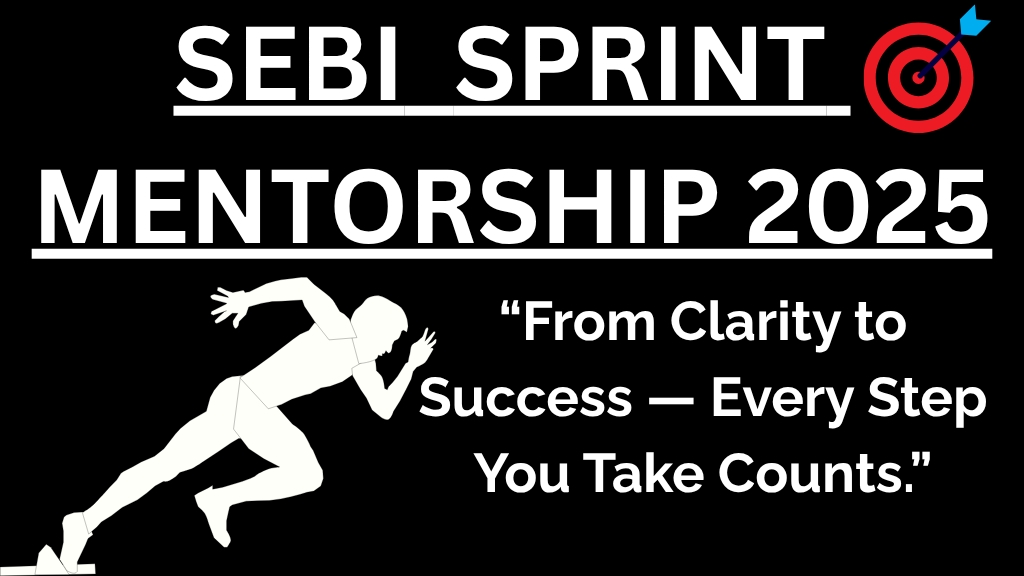Context:
The ninth edition of Swachh Survekshan (2024–25), touted as the world’s largest cleanliness survey, has emerged not just as a city-ranking competition but as a comprehensive audit of India’s urban sanitation ecosystem. It offers valuable insights into progress, gaps, and best practices in waste management, segregation, infrastructure, and sanitation worker welfare.
Key Features of Swachh Survekshan 2024–25:
- Scale & Participation:
- Over 4,500 cities participated (compared to fewer than 100 in 2016).
- Survey backed by third-party verification and feedback from 140 million urban residents.
- Assessment across 10 parameters, including:
- Waste segregation & collection
- Transportation & treatment
- Sanitation worker welfare
- Citizen grievance redressal
- New Introduction – Super Swachh League:
- Introduced to break the rankings monopoly of cities like Indore, Surat, and Navi Mumbai.
- 20 cities now compete in this elite category.
- Enabled cities like Ahmedabad, Bhopal, and Lucknow to top the million-plus population list.
- Democratisation of Rankings:
- Cities now assessed under five population-based categories (earlier two).
- Cities with <20,000 to those >1 million now have fairer competitive spaces.
Regional Highlights
- Odisha: Remarkable improvement.
- Bhubaneswar jumped from rank 34 to 9.
- Aska, Chikiti topped their size-based categories.
- Rourkela, Cuttack, Berhampur also saw marked improvement.
- Southern India:
- Yet to see top-tier dominance.
- Best performers: Hyderabad, Tirupati, Vijayawada, Guntur, Mysuru.
- Bengaluru remains underwhelming despite being a metropolitan city.
- NCR Region:
- New Delhi Municipal Council and Noida showed strong performance.
- Delhi, Gurugram, Ghaziabad showed improvement despite negative publicity.
Best Practices from Leading Cities
| City | Notable Initiative |
|---|---|
| Indore | Six-bin segregation system at source |
| Surat | Revenue generation via sewage-treated water |
| Pune | Ragpicker cooperatives managing solid waste |
| Visakhapatnam | Eco-park on remediated landfill |
| Lucknow | Waste wonder park |
| Agra (Kuberpur) | 47-acre green space reclaimed via biomining |
Survey Theme – 2025: Reduce, Reuse, Recycle (RRR)
- Promotes:
- Circular economy
- Job creation and self-help group engagement
- Shift from last year’s ‘waste to wealth’ theme.
- However, large-scale monetisation of waste remains limited due to:
- Weak investor incentives
- Commercial viability concerns in private sector
- Low citizen-level behavioural change toward waste reduction and segregation



















